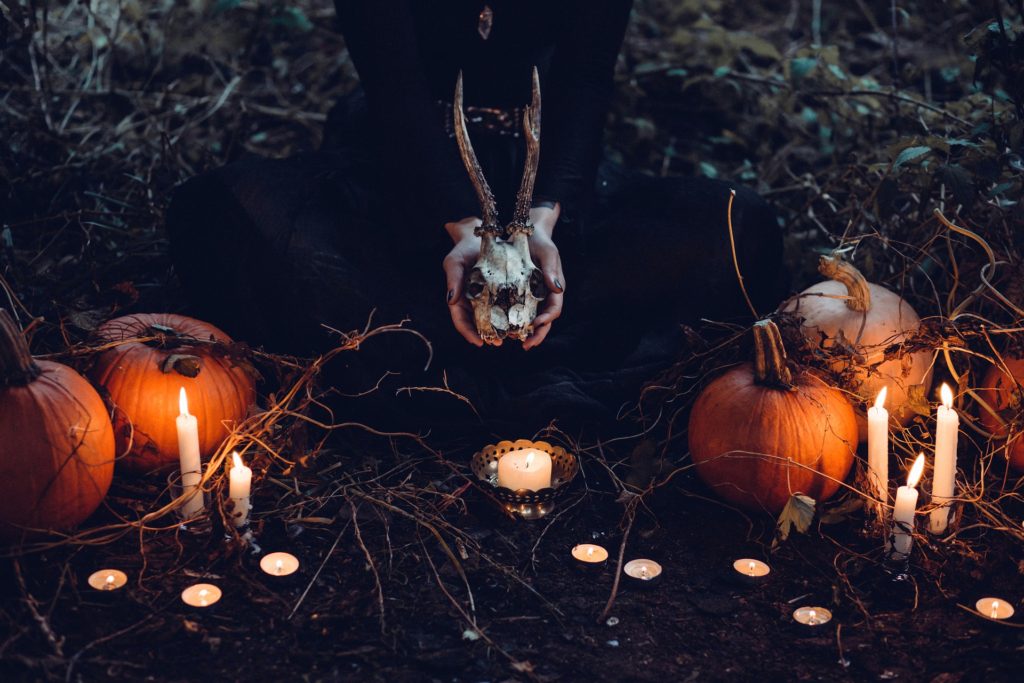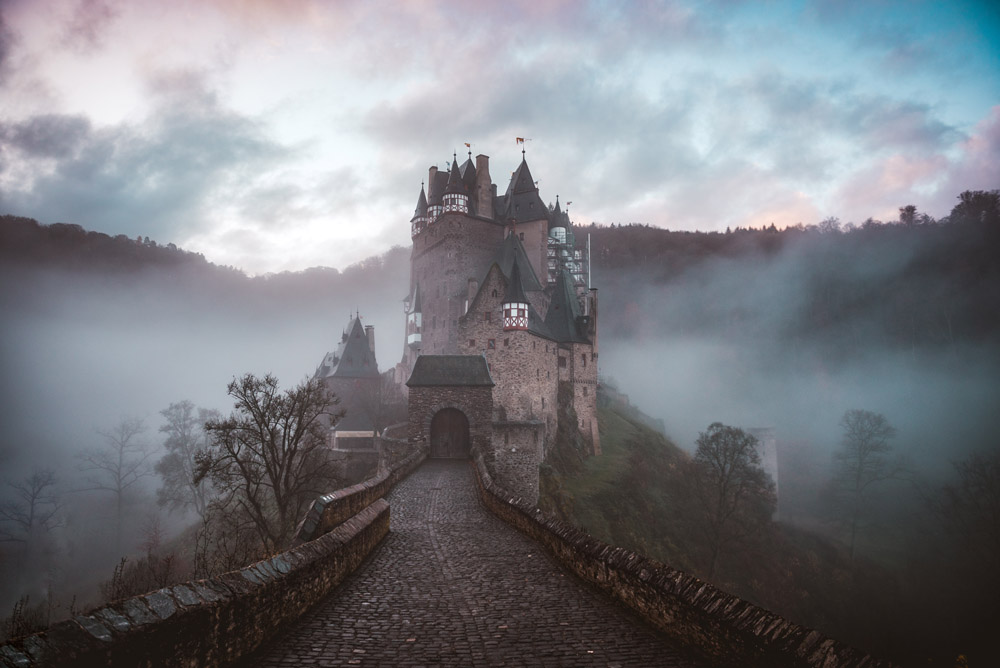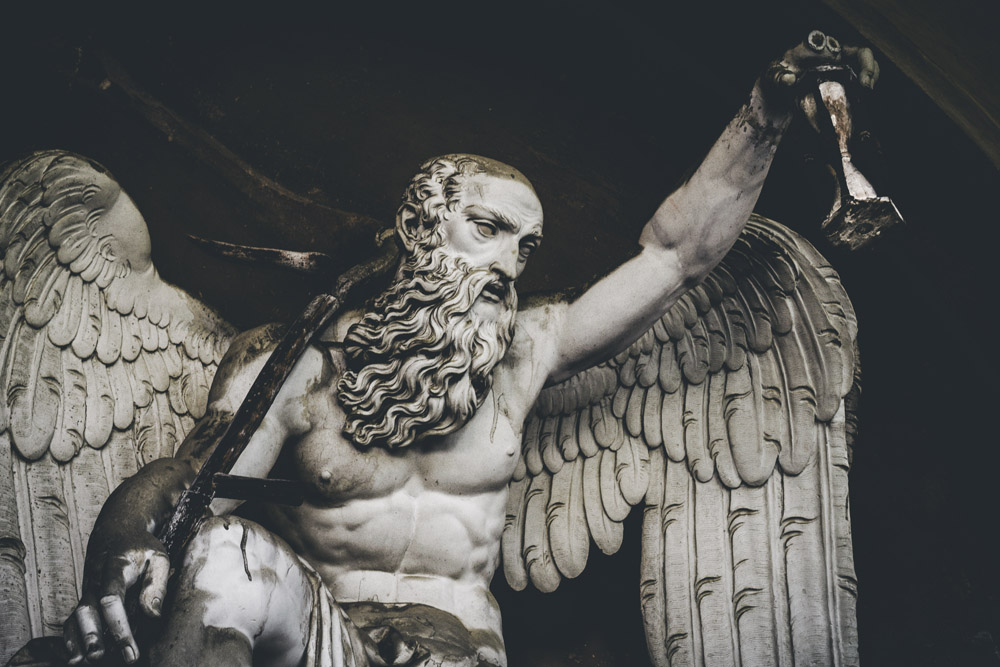Based on a true story. You must’ve seen this many times in the opening credits of a film. This is particularly the case with works of the Gothic or horror genres. But why do true stories in Gothic or horror fiction appeal to us so much?
Moreover, does the phrase “a true horror story” make sense or not? Remember, good horror fiction should be about the supernatural – no ambiguities allowed. Movies like The Exorcist accept the supernatural (and treat it as such). Compare that to Scooby-Doo Gothic, where there is always a natural explanation for everything.
The “based on a true story” trope is older than you might think. Moreover, just in case you wondered, “based on a true story” is not a writing gimmick but a case of legitimate creative manipulation.
In this post we’ll take a look at its origins and, more importantly, its significance.


